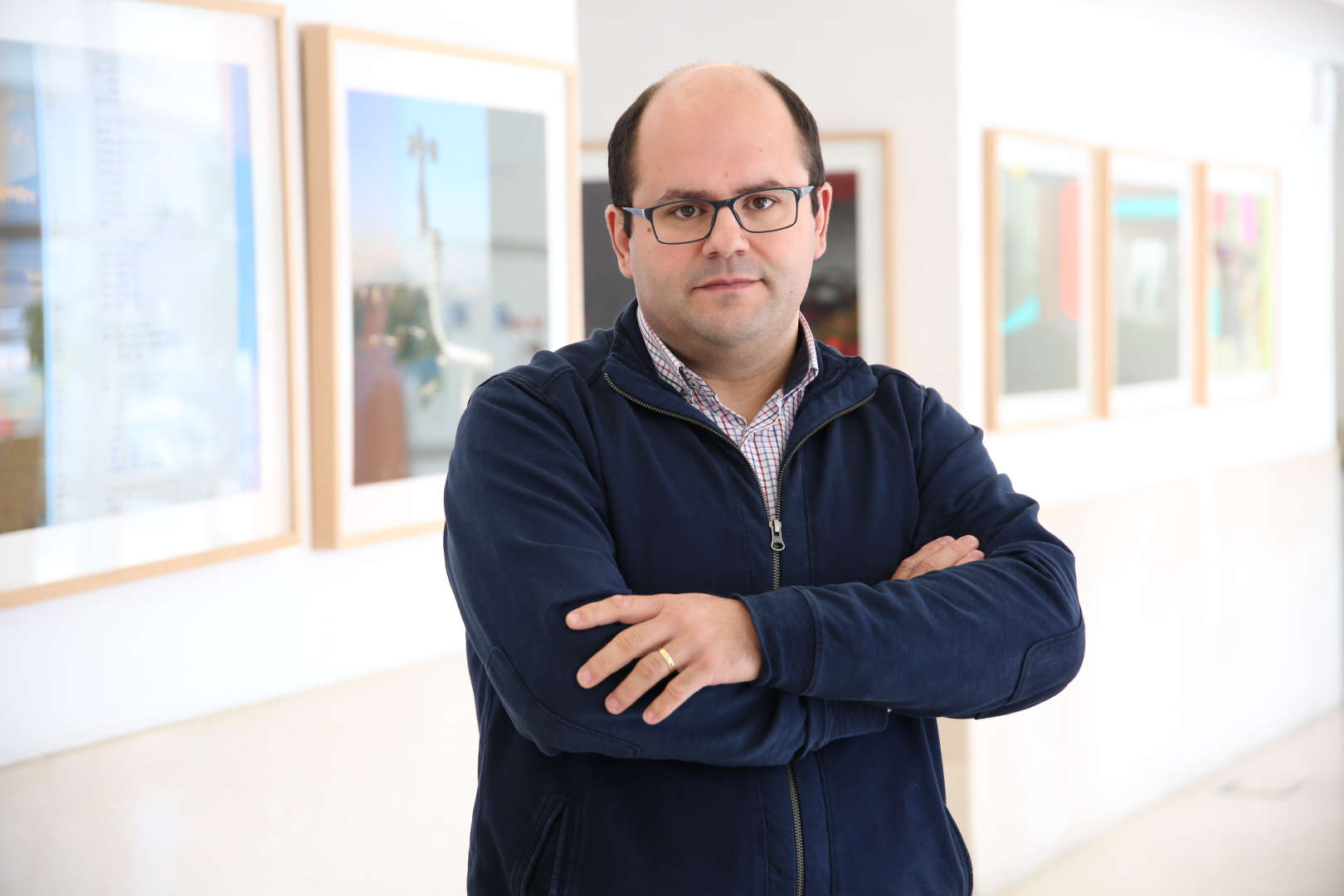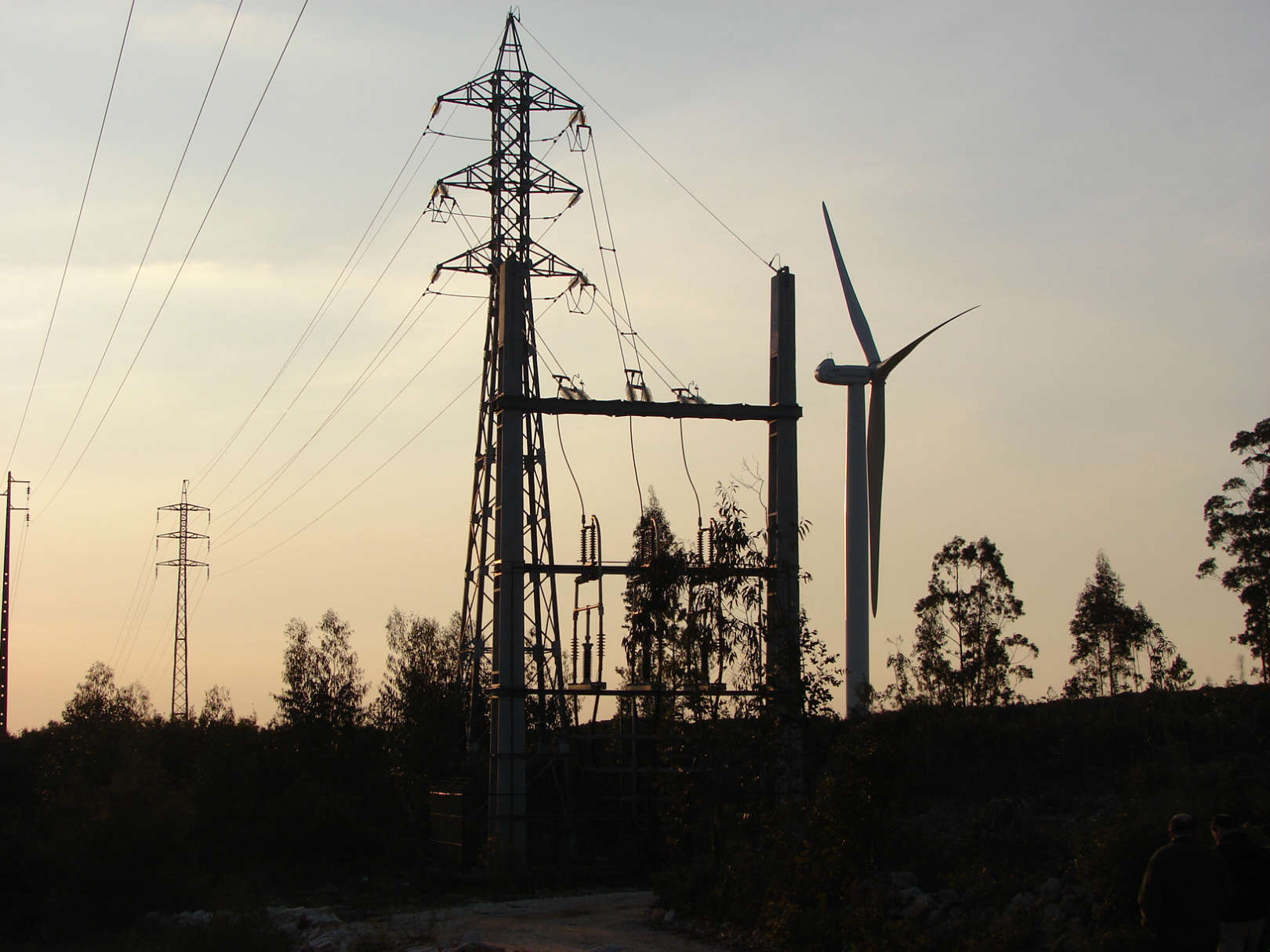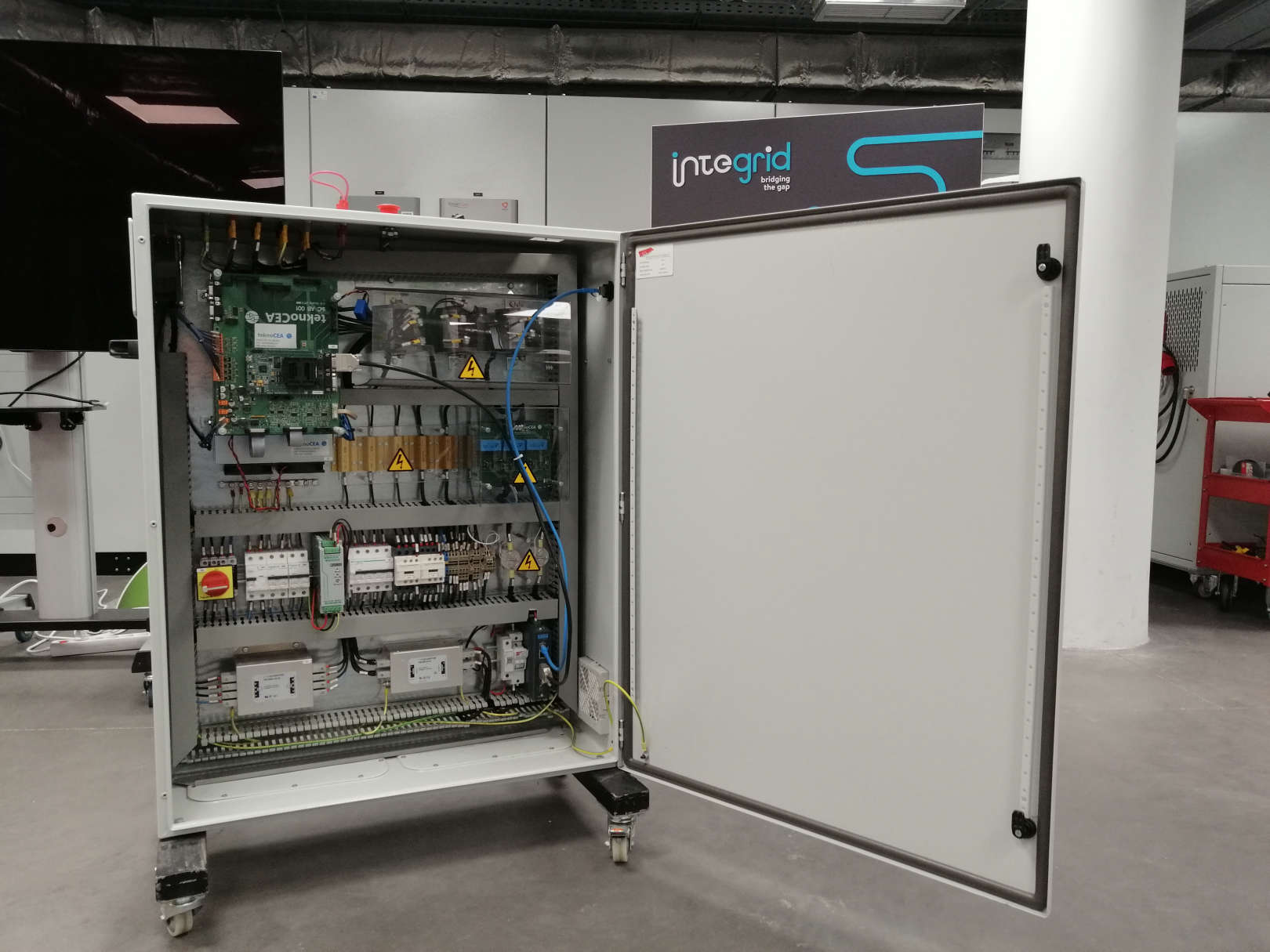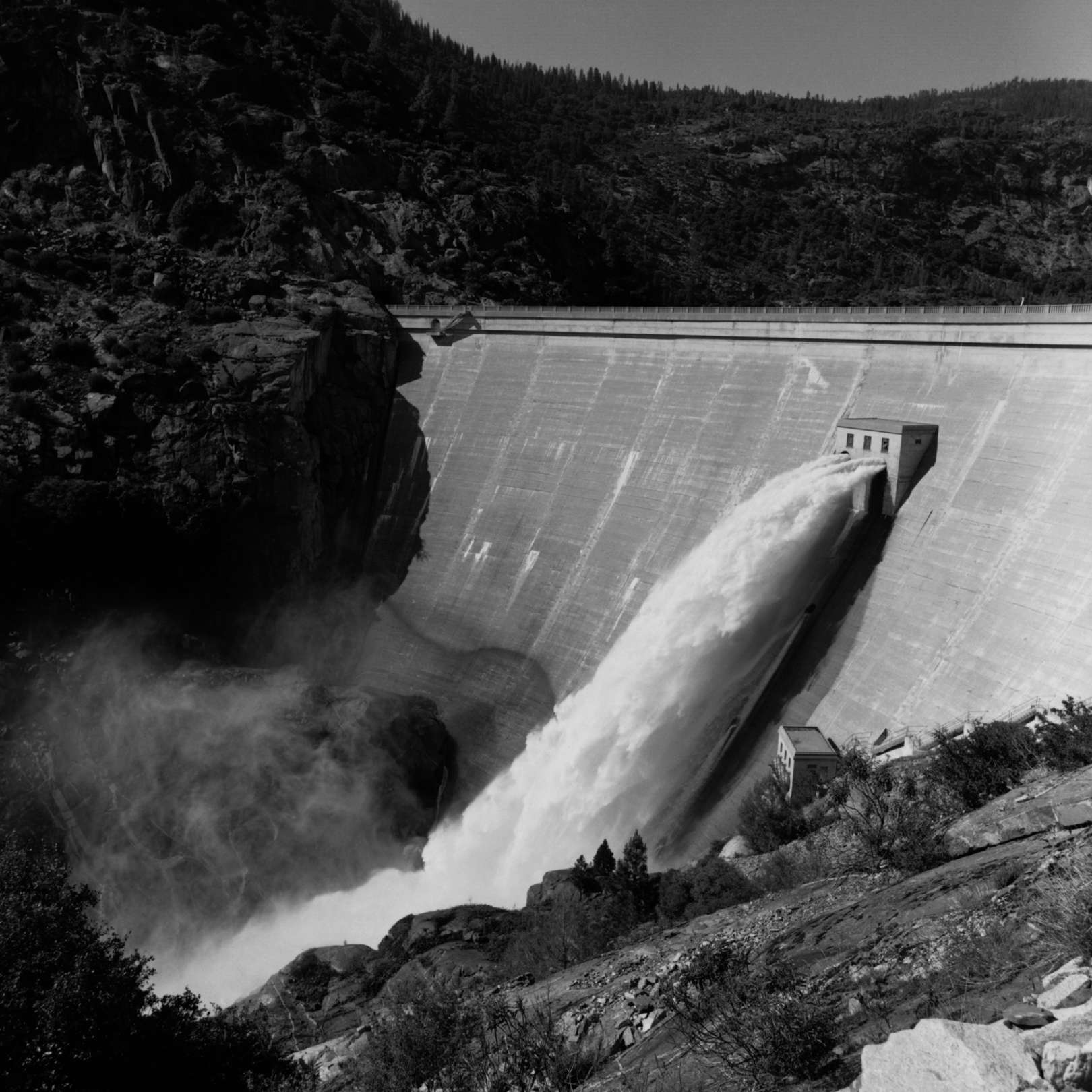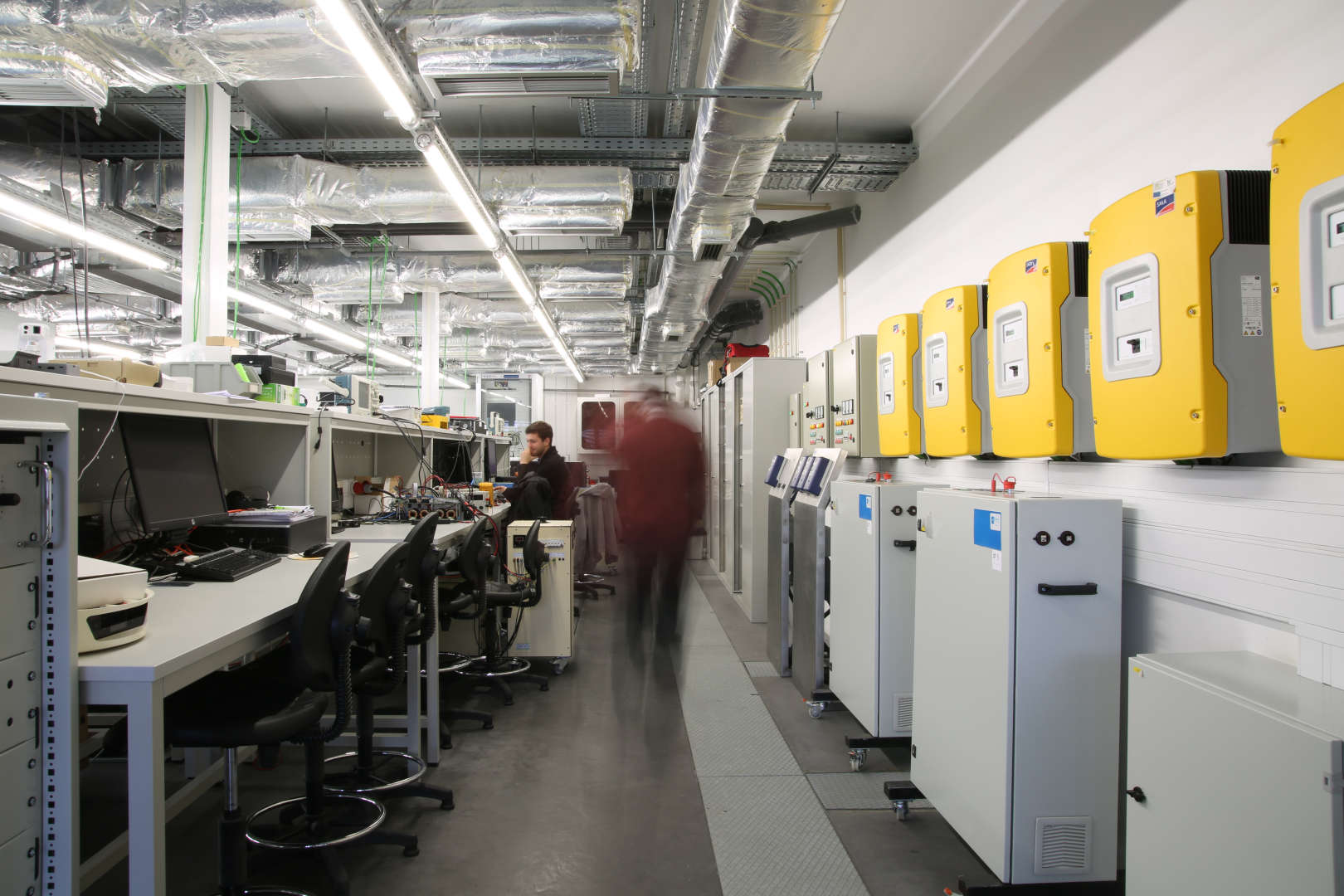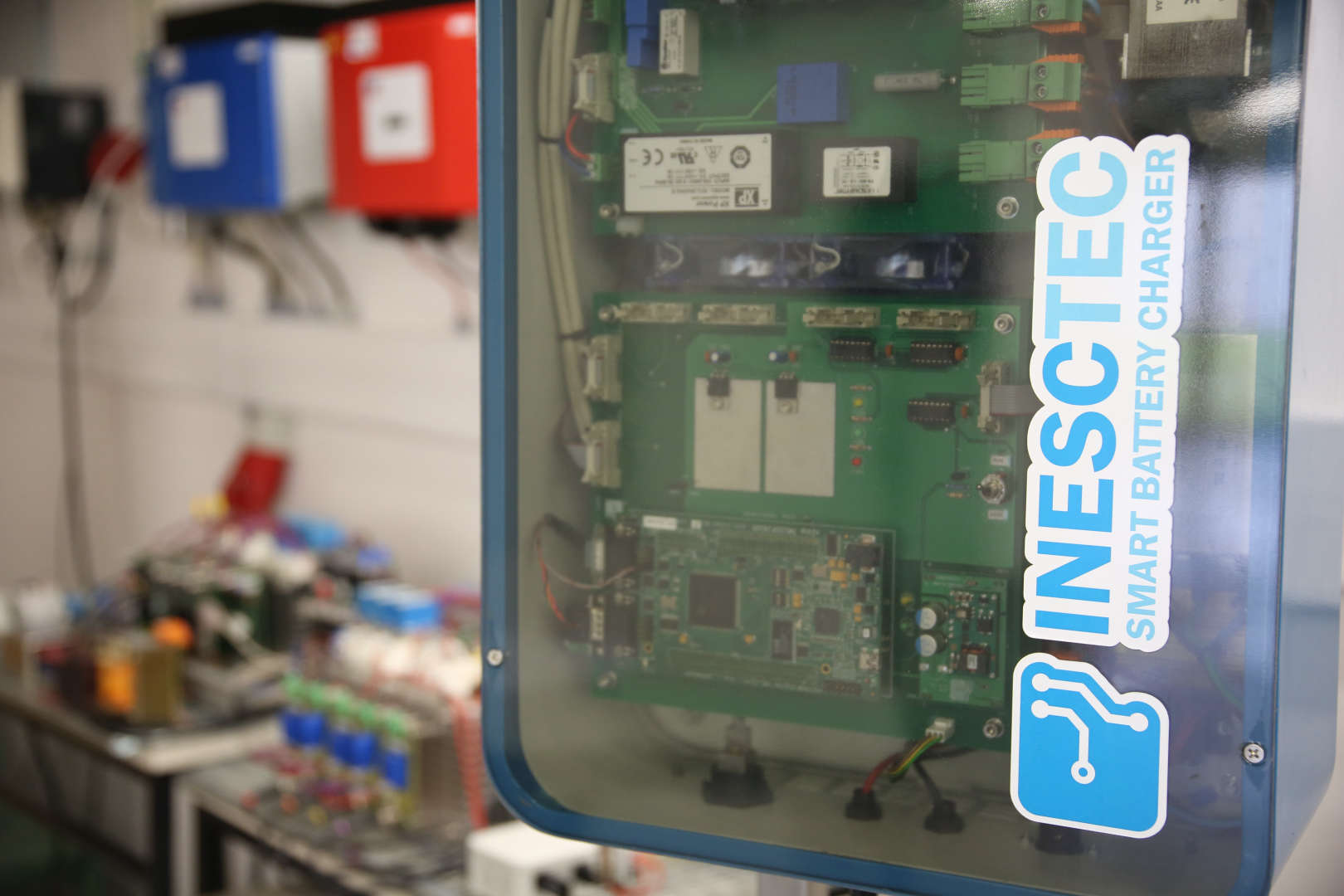About
I graduated in Electrical Engineering in the Faculty of Engineering of the University of Porto - FEUP (2003), and completed his PhD in Power Systems in November 2008, also in the University of Porto.
I am with the Centre for Power and Energy Systems of INESC TEC since September 2003, being senior researcher since 2009. I am also the “Network Studies and RES & DER Integration” Area leader in the Centre for Power and Energy Systems of INESC TEC since September 2015. In February 2009 I joined the Department of Electrical Engineering of FEUP as Assistant Professor, being involved in the lecturing activities in the Integrated Master in Electrical and Computer Engineering as well as in the Doctoral Programs (Doctoral Program in Sustainable Energy Systems and Doctoral Program in Electrical and Computer Engineering).
I have been involved (either as a technical leader of research teams or as a Researcher) in several EU-funded projects, namely:
1. MICROGRIDS: Large Scale Integration of Micro Generation to Low Voltage Grids;
2. MORE-MICROGRIDS: Advanced Architectures and Control Concepts for More Microgrids;
3. MERGE: Mobile Energy Resources for Grids of Electricity;
4. TWENTIES: Transmission system operation with large penetration of Wind and other renewable Electricity sources in Networks by means of innovative Tools and Integrated Energy Solutions;
5. HYPERBOLE: HYdropower plants PERformance and flexiBle Operation towards Lean integration of new renewable Energies;
6. EU-SysFLEX: Pan-European system with an efficient coordinated use of flexibilities for the integration of a large share of RES.
I have been also involved in technical consultancy activities regarding wind farms connection to the grid. Additionally, I have been also providing technical consultancy regarding large-scale integration of renewable energy sources in isolated power systems while adressing system dynanmic and transient stability.
The main domains of my current research activities are related with large scale integration of renewable power sources in isolated and interconnected power systems, power system dynamics and microgrids operation and control.


